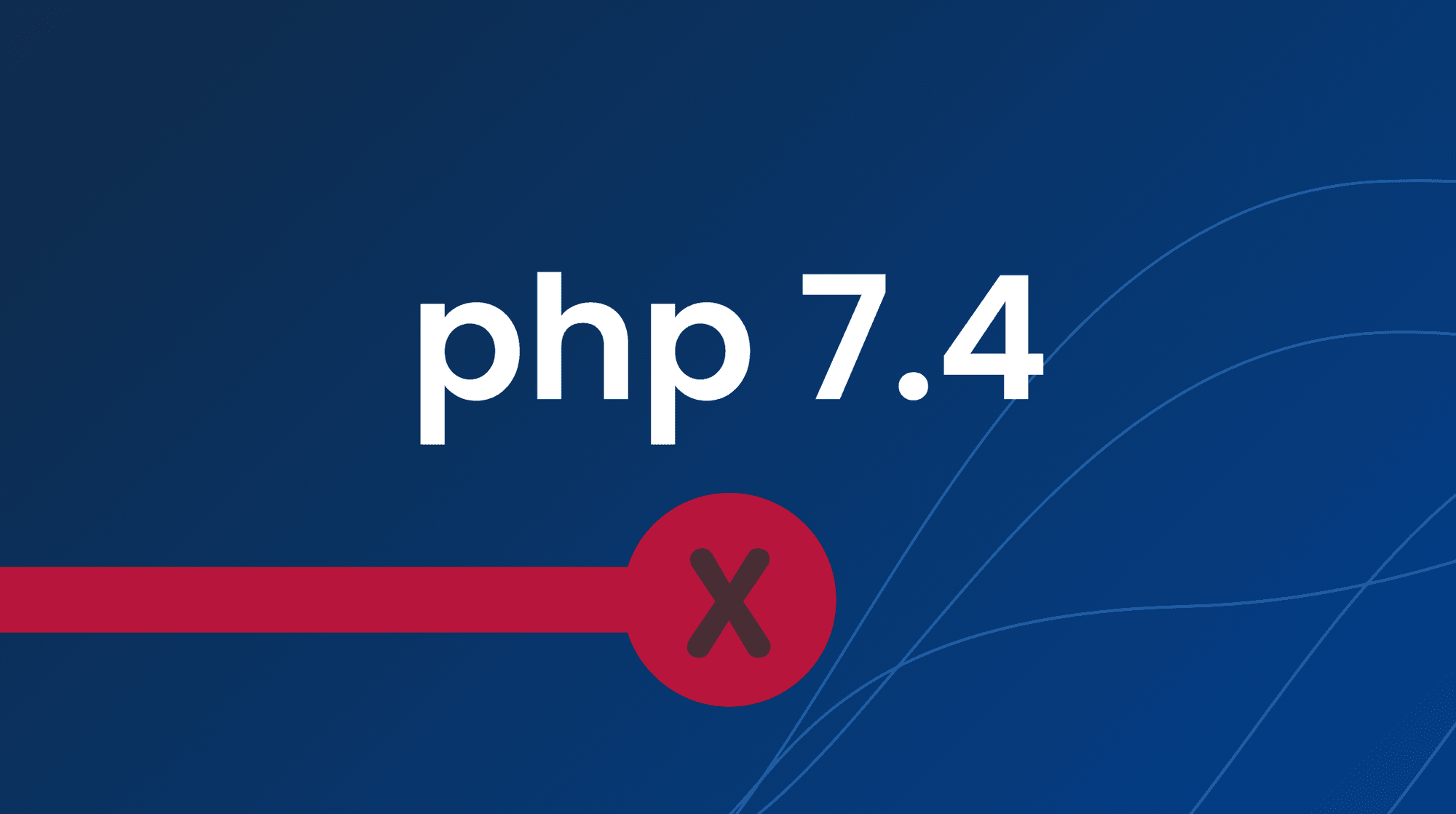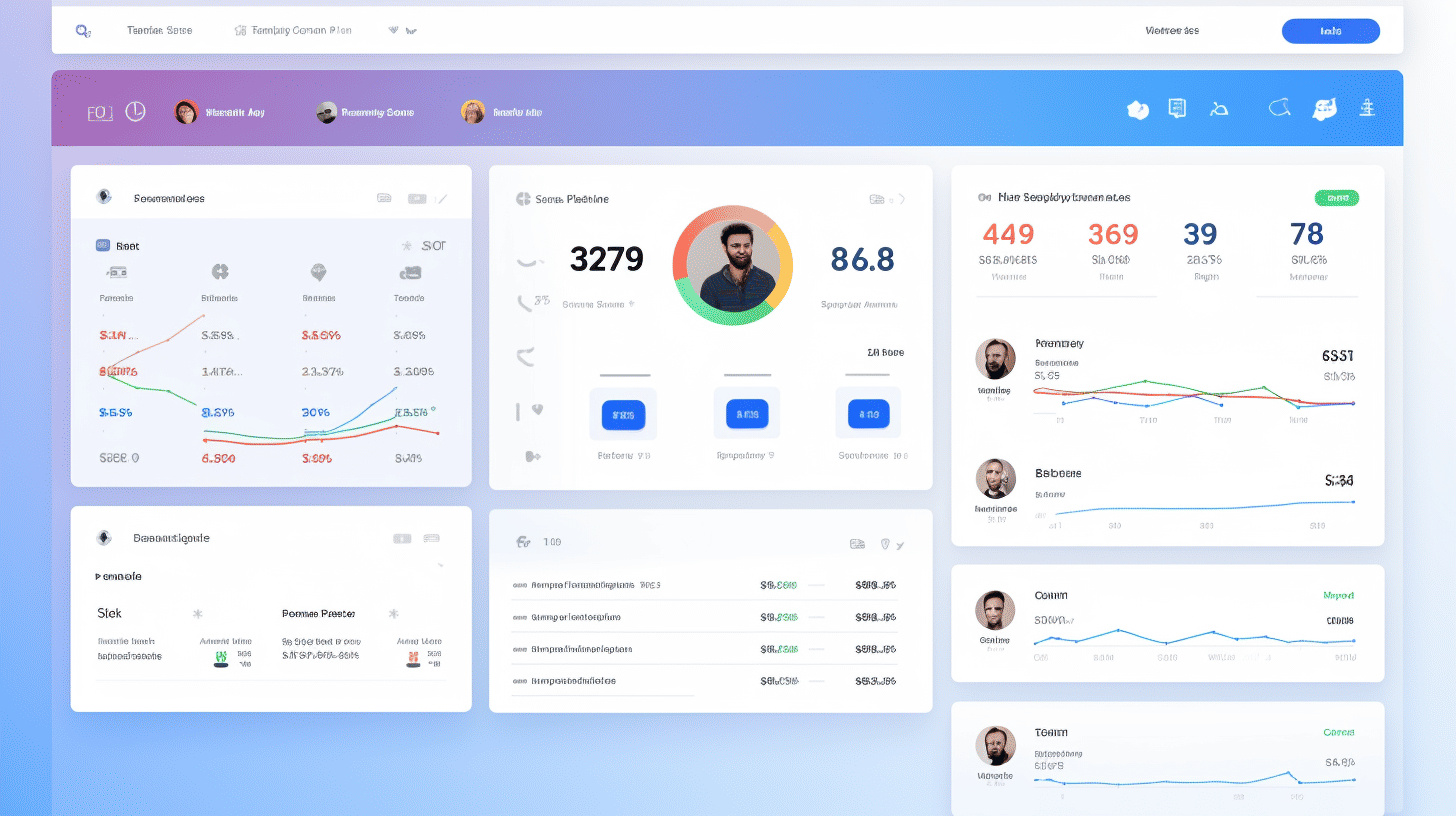在当今的数字环境中,网站安全至关重要。无论您运营的是个人博客、电子商务网站还是商业网站,保护您的在线平台免受潜在威胁都至关重要。对于 WordPress(一种流行的内容管理系统 (CMS),为全球约 40% 的网站提供支持)而言,确保您的 WordPress 网站的安全性变得更加重要。
🔒💻
安全的网站不仅可以保护您和您的访问者免受潜在的数据泄露和网络攻击,而且在提高您网站的 SEO 性能方面也发挥着重要作用。Google 等搜索引擎非常重视网站安全,并在搜索结果中优先考虑安全网站。通过投资网站安全,您不仅可以保护您的业务,还可以提高您的在线知名度。
💪🚀
那么,如何提高网站安全性以获得更好的 WordPress SEO 性能?在本文中,我们将探讨 WordPress 安全形势,重点介绍增强网站安全性的好处,并为您提供最佳实践,以加强 WordPress 网站抵御潜在威胁。通过实施这些策略,您可以维护一个安全且优化的网站,不仅可以保护您的数据,还可以在搜索引擎结果中排名更高。
🌟🔒
让我们开始探索网站安全的世界,并发现可以采取哪些步骤来保护您的 WordPress 网站。
WordPress 安全概况
WordPress 无疑是目前最流行的内容管理系统 (CMS) 之一,为互联网上数百万个网站提供支持。然而,人气高涨的同时,责任也随之增加,尤其是在安全方面。在本节中,我们将探索 WordPress 的安全状况,并揭示每个 WordPress 网站所有者都应该了解的一些令人大开眼界的统计数据和漏洞。
WordPress 黑客统计数据
网络安全世界在不断发展,WordPress 也无法免受数字空间中隐隐存在的威胁。以下是一些令人震惊的统计数据,揭示了 WordPress 黑客攻击的普遍性:
- 2023 年,约有 4.3% 的 WordPress 网站遭到黑客攻击,几乎每 25 个网站中就有 1 个受到影响[1].
- 2023 年,所有网站中有 45.8% 使用了 WordPress,与 2022 年的 43.2% 相比有大幅增长[2].
显然,黑客正恶意攻击 WordPress 网站。作为网站所有者,保持警惕并采取适当的安全措施来保护您宝贵的在线资产至关重要。
漏洞和未修补的问题
没有完美的软件,WordPress 也不例外。尽管 WordPress 不断努力解决漏洞,但仍有未修补的问题对 WordPress 网站构成潜在风险。请考虑以下事实:
这些统计数据强调了定期更新和修补的必要性,以堵塞安全漏洞并保护您的网站免受潜在的攻击。
黑客攻击的常见原因
了解黑客攻击的常见原因可以帮助您采取主动措施来强化您的 WordPress 网站。以下是一些关键见解:
- 44% 的黑客事件是由于 WordPress 网站版本过旧造成的,这强调了定期更新 WordPress 核心文件的重要性[4].
- 81% 的 WordPress 漏洞是由于密码太弱或被盗而发生的,这凸显了为与您的网站相关联的所有用户帐户设置强而独特的密码的重要性[4].
- 每分钟大约有 90,000 次针对 WordPress 网站的安全攻击[5].
这些惊人的数字反映了黑客的残酷本质,并强调了安全密码和及时更新在保护您的 WordPress 网站方面的关键作用。
请记住,知识就是力量,了解 WordPress 安全领域中存在的漏洞和风险可以让您领先一步。通过实施强大的安全实践并随时了解最新的安全趋势,您可以保护您的 WordPress 网站免受潜在威胁,并确保您和您的访客的在线安全。
[1]: WordPress 黑客统计
[2]:内部数据源
[3]:内部数据源
[4]:内部数据源
[5]:内部数据源
提高网站安全性的好处
确保网站安全不再是可有可无的选择,而是成功运营在线业务的关键方面。从保护敏感的客户数据到维护您的声誉,提高网站安全性有许多好处。让我们来探讨一下一些主要优势:
降低网站黑客攻击和数据泄露的风险
保护您的网站可以有效地保护其免受网络威胁和潜在的黑客攻击。通过实施强大的安全措施,例如防火墙、恶意软件扫描程序和定期安全更新,您可以显著降低未经授权访问您的网站及其所保存的宝贵数据的风险。这种主动方法有助于保护您的业务并防止您的客户信息落入不法之徒之手。
提高网站性能和 SEO 排名
您是否知道网站安全会直接影响网站的性能和搜索引擎排名?安全性良好的网站往往加载速度更快,用户体验更流畅,从而可以提高参与度并降低跳出率。此外,像 Google 这样的搜索引擎会优先考虑那些重视安全性的网站,从而提高其在搜索结果中的排名。因此,网站安全不仅可以保护您的业务,还可以提高您的在线知名度并为您的网站带来自然流量。
增强用户信任和可信度
在当今的数字环境中,用户信任至关重要。访问您网站的用户需要确信在与您的品牌互动时,他们的个人信息是安全的。通过优先考虑网站安全,您可以展示出您致力于保护用户数据、建立信任和树立信誉的承诺。这种信心的提高可以带来更高的转化率、回头客和积极的口碑推荐。
根据《消费者报告》最近的一项研究,大约 66% 消费者 担心在线隐私和安全。通过在网站上实施强大的安全措施,您可以将自己的品牌定位为重视并优先考虑用户安全的品牌,让您的客户安心无忧。
总之,提高网站安全性可以带来很多好处,远不止保护敏感数据。通过最大限度地降低网络威胁风险、提高网站性能以及增强用户信任和可信度,您可以让您的业务在不断变化的数字环境中取得成功。控制网站的安全性,并放心地知道您正在投资于在线业务的增长和寿命。
WordPress 网站安全的最佳实践
说到 WordPress 网站安全,有几种最佳实践可以帮助保护您的网站免受潜在威胁和攻击。通过实施这些措施,您不仅可以保护您的网站及其数据,还可以帮助提高其 SEO 性能。以下是一些需要考虑的关键最佳实践:
定期更新和修补
定期更新 WordPress 核心、主题和插件对于维护网站的安全至关重要。更新通常包括解决漏洞的安全补丁和错误修复,使黑客更难利用您网站的弱点。尽可能启用自动更新,这样您就不会错过任何关键的安全补丁。
使用安全可信的插件
选择安全可靠的插件对于网站安全至关重要。由于可用的插件种类繁多,因此研究并选择安全声誉良好的知名插件至关重要。WordPress 插件目录是查找定期更新和维护良好的知名插件的可靠来源。避免从不受信任的来源或非官方市场下载插件,因为它们可能包含恶意软件或存在黑客可以利用的漏洞。
强密码和登录安全
保护您的 WordPress 登录凭据对于防止未经授权访问您的网站至关重要。实施以下措施来加强您的密码和登录安全性:
- 为您的管理员和用户帐户使用复杂且独特的密码。密码应包含大写和小写字母、数字和特殊字符。
- 考虑使用密码管理器来生成并安全地存储您的密码。
- 启用双因素身份验证 (2FA),在登录过程中提供额外的安全保障。
- 通过使用“限制登录尝试次数”等插件来限制登录尝试次数,以防止暴力攻击。
实施 Web 应用程序防火墙
Web 应用程序防火墙 (WAF) 通过过滤和监控传入流量以发现潜在威胁来帮助保护您的网站。它们可以检测和阻止恶意请求,防止 SQL 注入和跨站点脚本 (XSS) 等常见攻击。安装 Sucuri 或 Wordfence 等插件可以为您的网站提供额外的保护。
备份和恢复解决方案
拥有可靠的备份和恢复解决方案对于 WordPress 网站安全至关重要。定期备份网站的文件和数据库可确保您能够从任何安全事件(例如黑客攻击或意外数据丢失)中快速恢复。考虑使用 UpdraftPlus 或 BackupBuddy 等插件来自动化备份过程并安全地存储备份,无论是本地还是云存储服务。
请记住,实施这些最佳实践是一个持续的过程。保持警惕并跟上最新的安全趋势和更新。通过优先考虑网站安全,您不仅可以保护您的网站及其数据,还可以通过与搜索引擎和访问者建立信任来帮助提高其 SEO 性能。
常见问题
- 为什么网站安全对 WordPress SEO 性能很重要?
网站安全对于 WordPress SEO 性能至关重要,因为搜索引擎会优先考虑具有强大安全措施的网站。安全的网站有助于保护用户数据、与访问者建立信任,并防止黑客破坏您网站的 SEO 排名。
- 有哪些方法可以提高网站安全性以提高 WordPress SEO 性能?
为了提高网站安全性以实现 WordPress SEO 性能,您应该:1. 保持 WordPress 和插件为最新版本,2. 使用强密码并实施双因素身份验证,3. 安装信誉良好的安全插件,如 Wordfence 或 Sucuri,4. 定期备份您的网站,5. 限制登录尝试次数并保护您的 wp-admin 目录。
- 有没有推荐用于 WordPress 的特定安全插件?
是的,WordPress 有多种知名的安全插件,例如 Wordfence、Sucuri、iThemes Security 和 BulletProof Security。这些插件提供恶意软件扫描、防火墙保护、登录安全等功能,以增强您网站的安全性。
- 网站安全和 SEO 性能有何关系?
网站安全与 SEO 性能息息相关。安全的网站有助于防止黑客和恶意软件攻击,这些攻击可能会对您的 SEO 排名产生负面影响。此外,搜索引擎会优先考虑安全的网站,从而提高其与易受攻击的网站相比的排名。
- 忽视网站安全对 SEO 性能有何影响?
忽视网站安全会对 SEO 性能产生不利影响。您的网站可能容易受到黑客攻击、恶意软件感染和数据泄露,这可能会导致搜索引擎惩罚、排名下降以及用户信任和信誉的丧失。



















